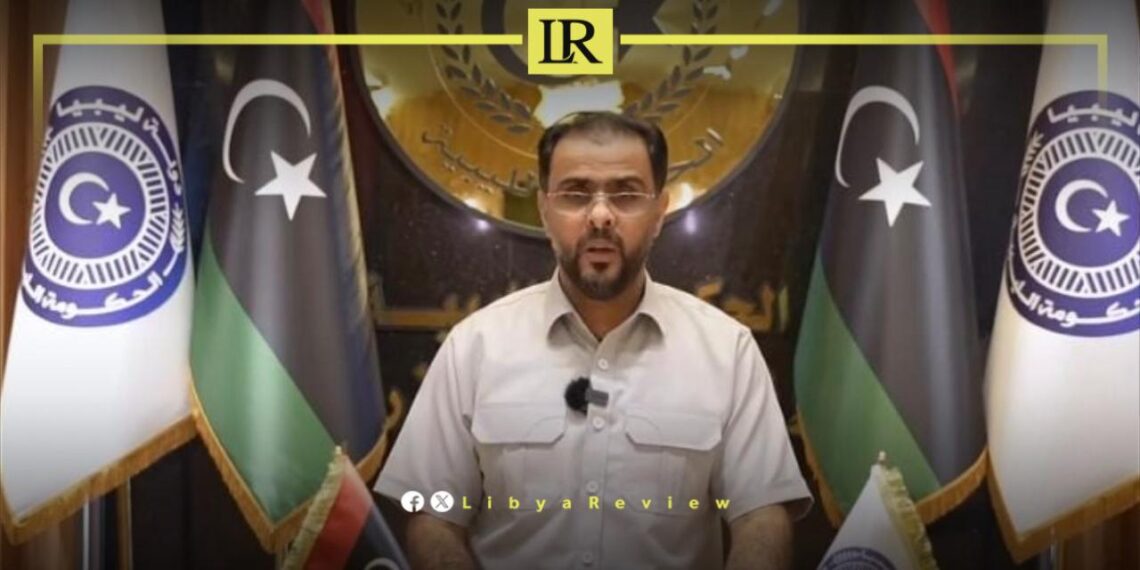The Parliament-designate government led by Prime Minister Osama Hammad, declared a state of “force majeure” on all oil fields, ports, institutions, and facilities on Monday.
The government also announced the suspension of oil production and exports until further notice.
In a televised statement, Hammad explained that this decision was in response to “attacks on the leadership, employees, and administrations of the Central Bank of Libya by lawless groups, instigated and aided by the Presidential Council, which has assumed authority unlawfully.”
The Hammad government justified its decision as part of its legal and social responsibility to safeguard public funds, protect the livelihoods of Libyans, and ensure that the nation’s oil revenues and reserves at the Central Bank do not fall into the hands of illegitimate groups seeking to seize and squander them.
On Sunday, the handover of the Central Bank’s new board was completed by an administrative transfer committee appointed by the Presidential Council.
However, both the House of Representatives and the High Council of State have rejected the Presidential Council’s decision, arguing that the appointment or dismissal of the Central Bank governor is not within its jurisdiction.
On Friday, Mohamed Al-Shukri, who was nominated as Central Bank governor, stipulated that his appointment would only be activated with the consensus of both legislative bodies.


